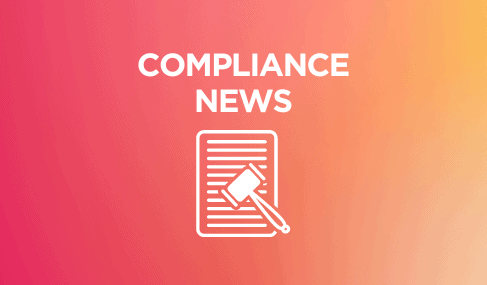
We aim to highlight the importance of due diligence in lead campaigns and to keep our customers and industry associates up-to-date with the compliance news reported for our industry. This article is reprinted here for our readers, courtesy of SheppardMullin, a full-service, global 100 firm handling corporate and technology matters, high-stakes litigation and complex financial transactions.

Utah’s New AI Disclosure Requirements Effective May 1
By Liisa Thomas & Kathryn Smith
The Utah legislature has been busy, with another law effective May 1. This one is “privacy adjacent” but worth keeping in mind. The law, the Artificial Intelligence Policy Act, was signed into law in March. Among other things, it will require companies to respond “clearly and conspicuously” to an individual who asks if they are interacting with artificial intelligence and the communications are made in connection with laws regulated by the Utah department of commerce. (This includes the Utah Privacy Act, the state’s sales practices law, its telephone solicitation laws, and many others.)
Artificial intelligence is defined in the law as an artificial system that is trained on data, that interacts with someone through text, audio or visual means, and creates output that is “similar” to a human, without human oversight. The law’s disclosure requirement is a reactive one. The disclosure needs to happen only if “asked or prompted” by the individual.
There is one caveat to this reactive provision. Businesses who are in “regulated” occupations must make a prominent disclosure that they are using AI in the provision of those services. Regulated occupations include any licensed by the Utah Division of Professional Licensing. This includes many health care professions, as well as court reporting, athletic trainers, plumbers, electricians, and more.
The reactive nature of the law is unlike a California “chatbot” law. That law prohibits misleading people into thinking they are “interacting online” with a human if in fact they are interacting with an “artificial identity.” The law provides an affirmative defense to have a clear and conspicuous disclosure that the tool is a bot. A bot is defined as an online account where actions are not those of a person (so encompassing more than generative AI, but also automated replies). In other words, the law requires disclosing the nature of the “artificial identity” prior to someone interacting with it. It is narrower than the Utah law, however, as it relates only to when someone is interacting with the bot to “incentivize” a sale (or to get someone to vote).
Get a recap of the latest contact center compliance news delivered monthly to your inbox. Subscribe here>
DISCLAIMER: The information on this page and related links is provided for general education purposes only and is not legal advice. Convoso does not guarantee the accuracy or appropriateness of this information to your situation. You are solely responsible for using Convoso’s services in a legally compliant way and should consult your legal counsel for compliance advice. Any quotes are solely the views of the quoted person and do not necessarily reflect the views or opinions of Convoso.
